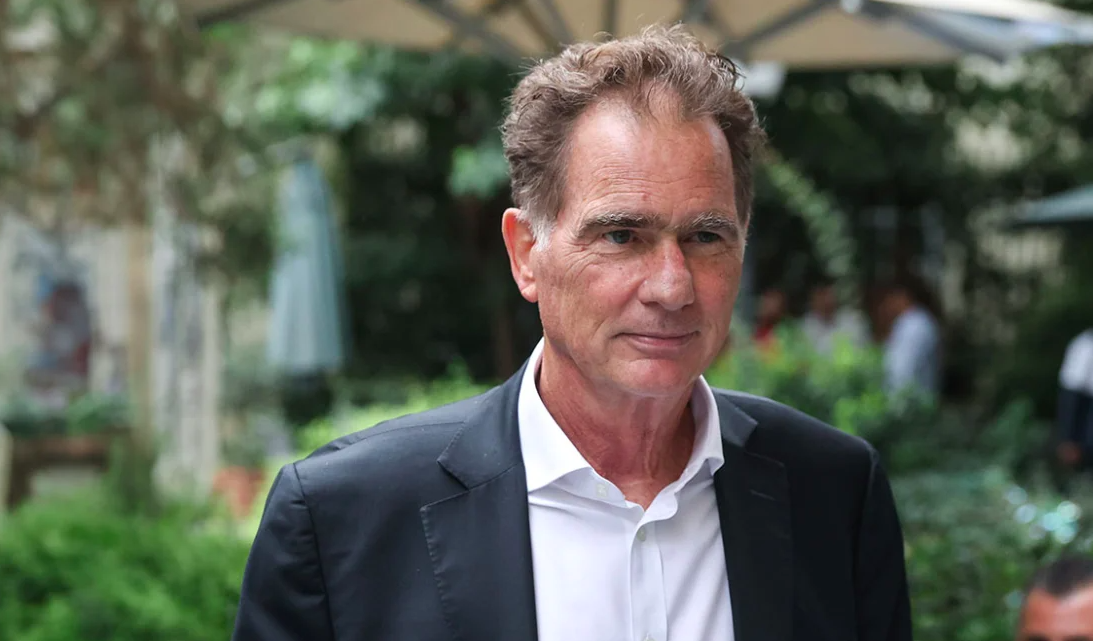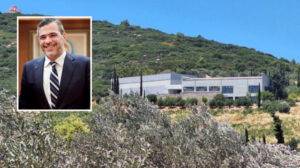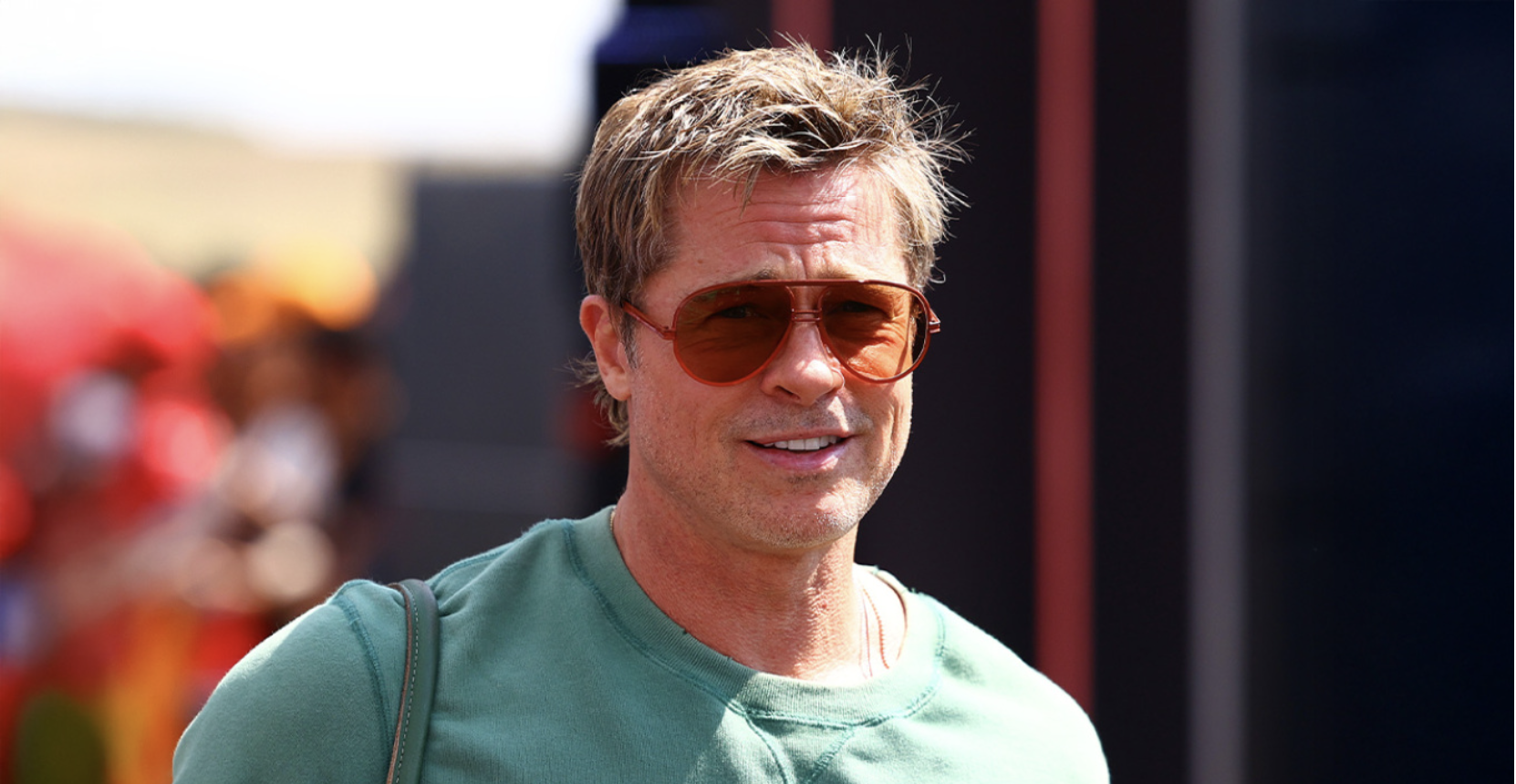Nikos Papandreou eloquently addresses the matter of leadership within PASOK, conveying a resolute message directly to comrades and constituents advocating for change. As the distinguished MEP of PASOK, Nikos Papandreou reflects on the objective responsibilities inherent in politics, underscoring the rejection of the current leadership by the electorate and emphasizing the urgent need for the voice of PASOK’s true base to be heard without delay. In his insightful article on protothema.gr, he critiques the prevalence of micro-politics, personal agendas, and favoritism within the party, which have caused divisive rifts contrary to PASOK’s core values, as highlighted by the recent electoral outcomes.
The discourse surrounding the leadership of PASOK was initiated by Mr. Konstantinopoulos’s call for procedures to elect a new president from grassroots ranks by year-end, supported by figures such as Pavlos Geroulanos and Apostolos Panas, who express legitimate concerns and call for a revitalized approach. However, some within PASOK-KINAL, led by Nikos Androulakis, caution against precipitous movements, advocating for adherence to party statutes and suggesting a leadership election in 2025 to safeguard the party’s hard-won progress.
Reflecting on the recent European elections and the national political landscape, Nikos Papandreou articulates a nuanced analysis of the prevailing dynamics. He highlights the electorate’s discontent with the status quo, emphasizing the imperative for a reinvigoration of the progressive realm in response to societal yearnings for change and renewed direction. While calls for a potential union between PASOK and SYRIZA have been mooted, Papandreou underscores the importance of cultivating a shared, values-based dialogue rather than simply amalgamating disparate entities to forge a cohesive body. In his impassioned plea for PASOK’s resurgence, Papandreou champions the party’s rich legacy and unwavering commitment to humanitarianism, social justice, and patriotism principles. He envisages PASOK as the steadfast anchor for the center-left movement, integral to the realignment of progressive forces and the restoration of faith in the political spectrum. Emphasizing that the recovery of PASOK transcends mere party politics, Papandreou’s profound insights illuminate a path toward societal rejuvenation amidst contemporary Greece’s evolving challenges.
The restoration and renewal of PASOK are imperative for the revitalization of the progressive sphere, transcending mere party politics to address societal concerns beleaguered by the weight of neoliberal ideologies that hinder economic progress and social advancement, a reality becoming increasingly evident by the day. Let us delve further into the discourse surrounding PASOK, a year that witnessed the downfall of the populist and occasionally draconian philosophies of SYRIZA.
Nonetheless, it also marked the third consecutive election where PASOK remained stagnant at disappointingly low double-digit percentages, failing to resonate with traditional voters seeking a robust platform for progressive advocacy and governance. This historic crossroads, albeit missed, does not signify the end or the ultimate forfeiture of an enduring historic chance. Securing third place entails a setback that cannot be obfuscated by statistical minutiae. Political ascendency is gauged not by insular assessments but by societal perceptions vis-a-vis other entities. PASOK’s inability to articulate a cohesive political strategy, coupled with organizational deficiencies in conveying its message to the electorate, has resulted in missed electoral opportunities, a trend that cannot be undone by hindsight.
The objective responsibilities in politics lie with the incumbent leadership, culpable for the rejection witnessed at the polls. Yet, subjective factors also contribute to this situation, as micro-politics, personal agendas, and favoritism have sown discord within the party, contravening the core ethos of PASOK, an anomaly not lost on the discerning public that unequivocally repudiated these practices in recent balloting. The pivotal question arises: shall we harness the setback as a catalyst for rejuvenating our political landscape or watch as the venerable legacy of Andreas Papandreou’s faction fades irreversibly into historical obscurity? The latter prospect, a painful demise, is untenable for myriad reasons, underscoring the imperative of a paradigm shift and rebirth within PASOK, breathing new life into its mission and raison d’être while transcending its past pitfalls. Engaging in discourse amid this juncture necessitates immediate validation, with the citizenry being the moral and political lodestar.
The populace clamors for a genuine popular movement, one that embraces and empowers citizens, fortifies societal bonds, and epitomizes unity over division. As we confront this decisive moment for our party, let the true base of PASOK, its allies, and its members, seize the reins of change, for the challenges mount and society’s patience wears thin, indifferent to the recalcitrant forces of stagnation.
The discourse on electing a new leader within PASOK was instigated by party officials advocating for swift and coordinated procedures, calling for the mobilization of internal mechanisms and the organization of party-wide ballots by year-end to herald a new chapter of rejuvenation within the party. In a pointed message addressed to the Secretary and the Political Council of PASOK/KINAL, Odysseus Konstantinopoulos catalyzed this campaign for reorganization, urging the party to avert a drift towards insignificance and offer a compelling alternative to current governance norms. Striving for a robust mandate to manifest a transformative vision for PASOK, Konstantinopoulos advocates for accelerated electoral processes and organizational recalibration to meet the aspirations of a burgeoning membership hungry for change and revival.
Ask me anything
Explore related questions





